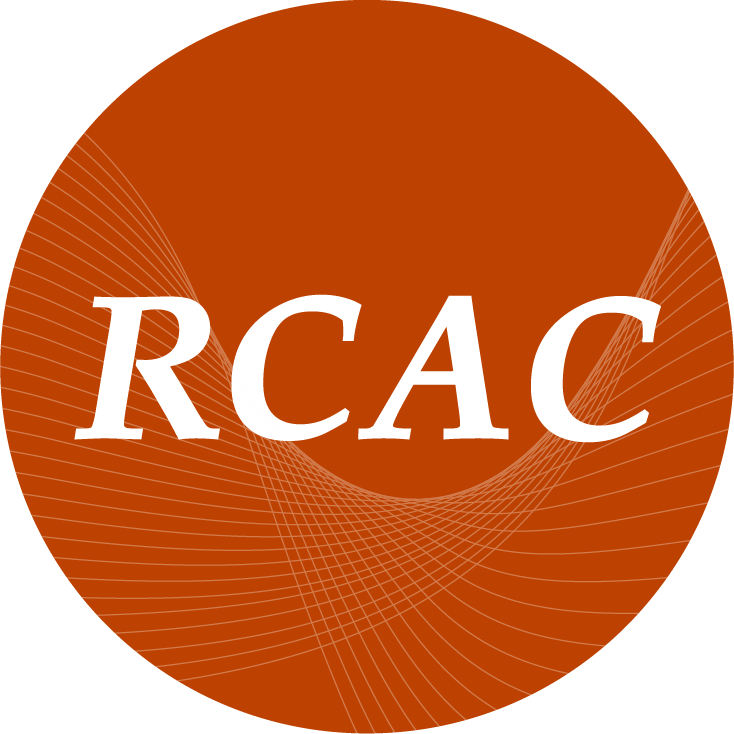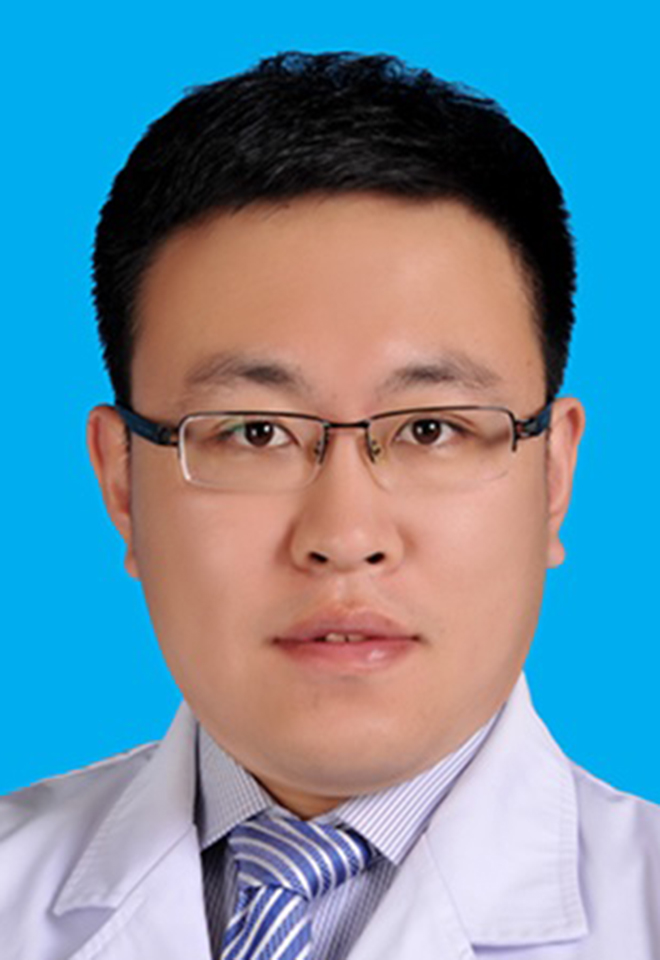My name is Peng-Yu Chang. I am very glad to introduce my research experience. Currently, I am a doctor at the Department of Radiation Oncology, First Bethune Hospital of Jilin University, Changchun, China. I received my Ph.D in Radiation medicine from Jilin University in June, 2014. My Ph.D dissertation focuses on the therapeutic effects of adipose-derived mesenchymal stem cells (MSC) on radiation-induced intestinal injury (RILI). In 2012, I carried out such an experiment for investigating the therapeutic effects of MSCs on RILI in Alliancells Bioscience CO.LTD, (Tianjin, China) under the supervision by Mr. Yong-Jun Liu. The MSCs were derived from human adipose tissue, and Sprague-Dawley rats were used for establishing the models of RILI. I found that the MSCs can suppress the inflammation, accelerating epithelial and vascular regeneration within injured sites. Relevant results were indeed attractive, that the National Science Foundation of China provided our research group with funding in 2013. During that period, I also participated in some animal studies related to investigating specific effects of mesenchymal stem cells on some refractory diseases, such as LPS-induced liver failure, CCl4-induced liver cirrhosis, acute myocardial infarction and stroke. Thereafter, my boss Mr. Yong-Jun invited Sir. Martin for a visiting. Sir. Martin suggested that the intestinal epithelium is needed to be cultured in vitro for investigating the mechanisms by which MSCs accelerate epithelial regeneration after injury. But due to lacking specific conditions for breeding the Tg mouse (Strain Lgr5-eGFP-Cre-ERT2) at that time, I began to isolate the intestinal stem cells (ISCs) from wide-type mice. I found that a population of small intestine-derived ISCs exist among CD44+ crypt cells, and the ISCs expressing high level of Cd44 were similar to the active population of ISCs. Moreover, the published evidences suggested that colonic stem cells exhibited their potentials in healing DSS-induced colitis. On this basis, I hypothesized that the ISCs could repair RILI. This research topic was also funded by National Science Foundation of China in 2015. Now, within my ability, three research projects related to RILI and adult stem cells are ongoing, including investigating the potentials of SDF1-alpha gene-modified MSCs for healing radiation-induced epithelial injuries in gut, exploring the mechanisms of abdominal irradiation-induced thymic involution and evaluating the therapeutic effects of CD44+ intestinal stem cells on radiation-induced epithelial injuries in gut. I would be happy to hear from you, and I appreciate your time for considering my research experiences concerning radiation-induced intestinal injury.









